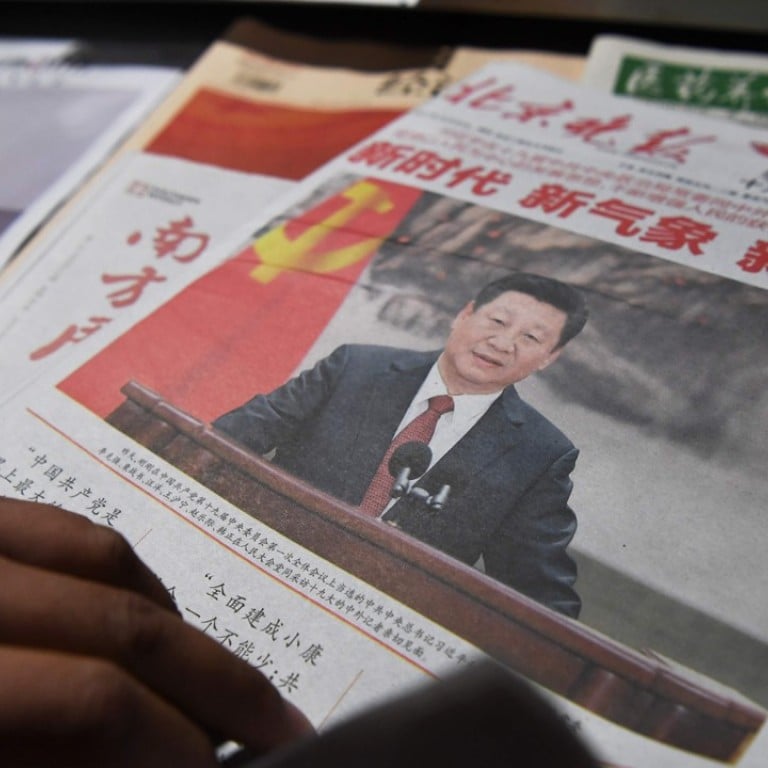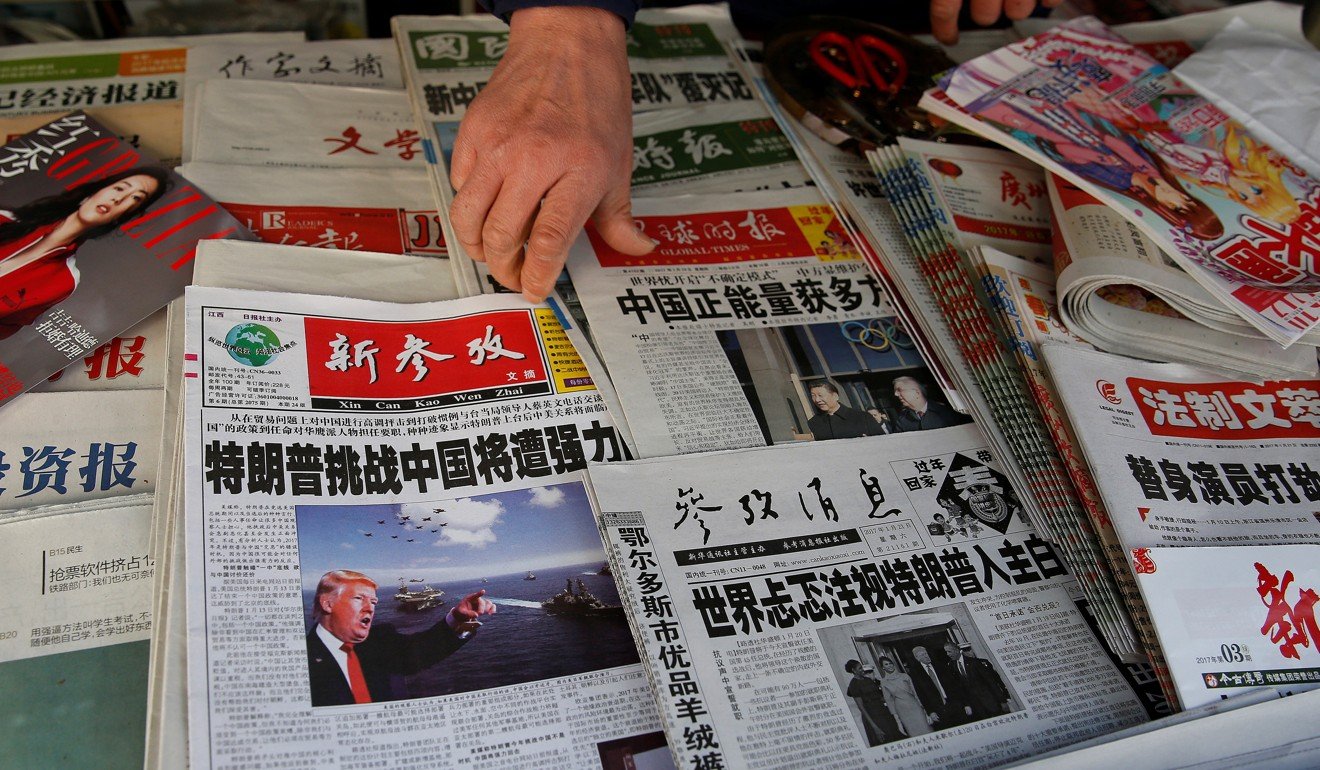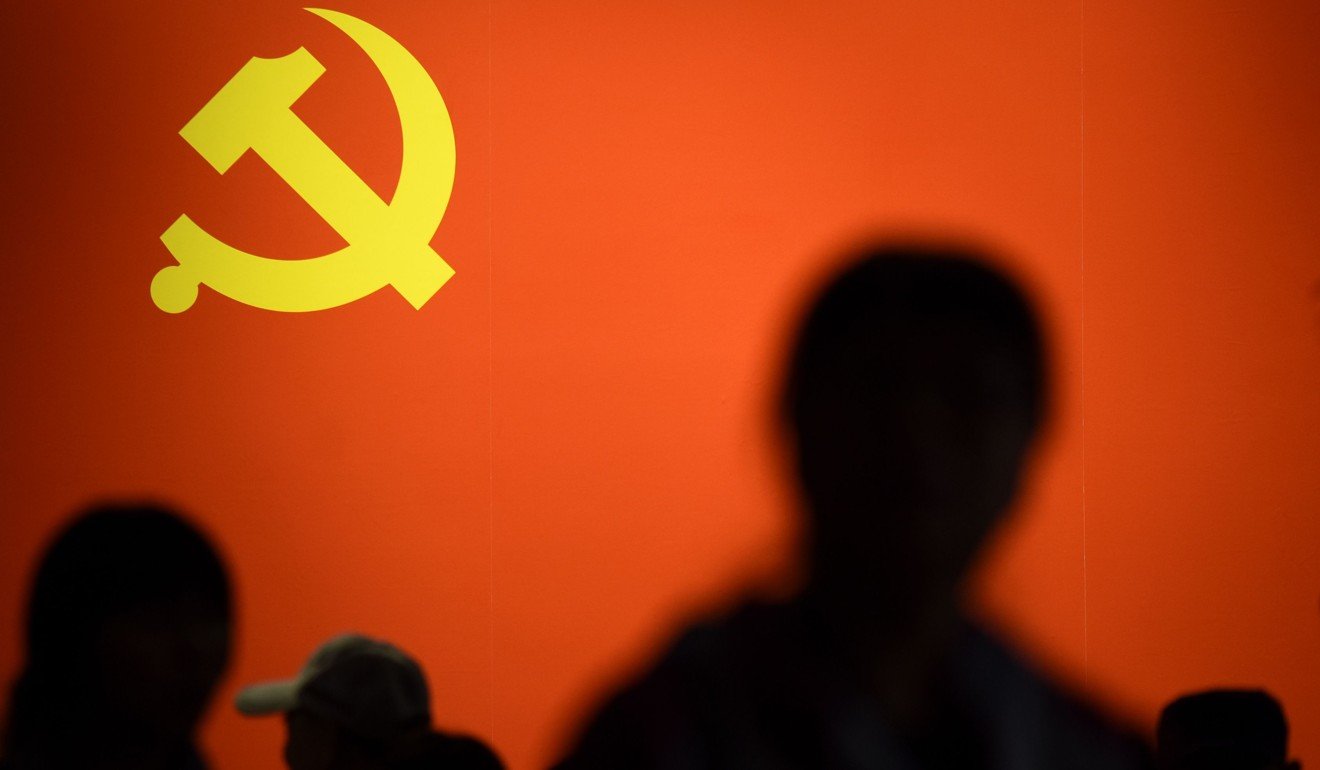
Don’t mention the trade war: what China doesn’t want people to know in its dispute with the US
‘You can’t use trade war in your headline’, one media source says, as censors seek to control the way the dispute is reported
China’s censors are scrambling to control the narrative about the trade war with the US by giving the media a list of dos and don’ts when reporting on the topic, sources have said.
Four separate sources working for Chinese media, who were briefed on these internal instructions, told the South China Morning Post that they were told not to “over-report” the trade war with US and be extremely careful about linking the trade war to stock market falls, the depreciation of the yuan or economic weakness to avoid spreading panic.
“When you report a fall in the stock market index or a weakening in the yuan’s exchange rate, you can’t use ‘trade war’ in your headline,” one source with an official Chinese media outlet, who declined to be named, said.
A separate source said China’s control of public discourse about the trade war, an issue too big to be ignored completely, has gone beyond a white-or-black approach and aims to be more subtle.
“Different media organisations were granted different levels of leeway in covering the trade war,” the source said.
State media outlets with a higher political ranking are allowed to publish news and editorials about the trade war, while local media and internet news portals are often told to republish what state media have already published and not to overplay the issue.
US-China trade war: winner will be whoever can lose the most
For instance, publishing an instant translation of what US President Donald Trump has posted on Twitter – a site that is banned in China – may be seen as an offence, the source said.
Trump heightened trade hostilities this week by threatening to target another US$200 billion Chinese goods with additional tariffs, which pushed a concerned Beijing to rejig its rhetoric – moving away from a triumphalist tone to portraying itself as a victim of a reckless leader.

China’s Ministry of Commerce on Thursday night issued a statement defending itself, arguing that its trade surplus with the US was not its fault and denying that it had stolen technology from the US or that it had forced foreign companies to transfer their technology.
China seeks emerging economies’ support for pushback on US tariffs
China had tried its best to avoid a trade war with “maximum sincerity and patience” but the US side shattered an earlier consensus “for domestic political needs”, the statement continued.
Xiakedao, a social media platform run by the official People’s Daily newspaper, picked up the statement and published it on its Weibo account just before midnight on Thursday adding a picture of Trump.
The post attracted hundreds of comments, mostly criticising Beijing for the way it was handling the trade war.
“It’s just brain-washing, they impose their conclusions but provide no evidence,” one user named Charming Night of the 24 Bridges said.
“This report from the Ministry of Commerce is as cheap as a hysterical woman cursing randomly on the street,” another user named BoyZhang commented.
By Friday afternoon it had attracted 1,484 comments but these were no longer visible to viewers.

Beijing is taking a softer approach to deal with the US compared with its previous tactic of making public attacks and launching popular boycotts, which has been used against Japan, South Korea and the Philippines in the past.
China has already told its media to tone down its coverage of Made in China 2025 – a plan to boost its hi-tech sector that has frequently been criticised by the US – and to shun personal attacks on Trump in the hope of de-escalating the situation.
China ‘needs to heed overseas unease’ about nationalist pride
While China has retaliated against Trump’s first batch of tariffs on US$34 billion worth of products with a similar levy of its own, it has prioritised its message that it is an innocent victim in this dispute. It is also keen to portray itself as a firm believer in free trade and is seeking support from other countries in pushing back against Trump’s unilateralism.
Former deputy commerce minister Wei Jianguo said he was not aware of debate being suppressed, but said: “It’s important now to let Chinese businesses and citizens to know that only by widening opening up, can we achieve high-quality growth”.


